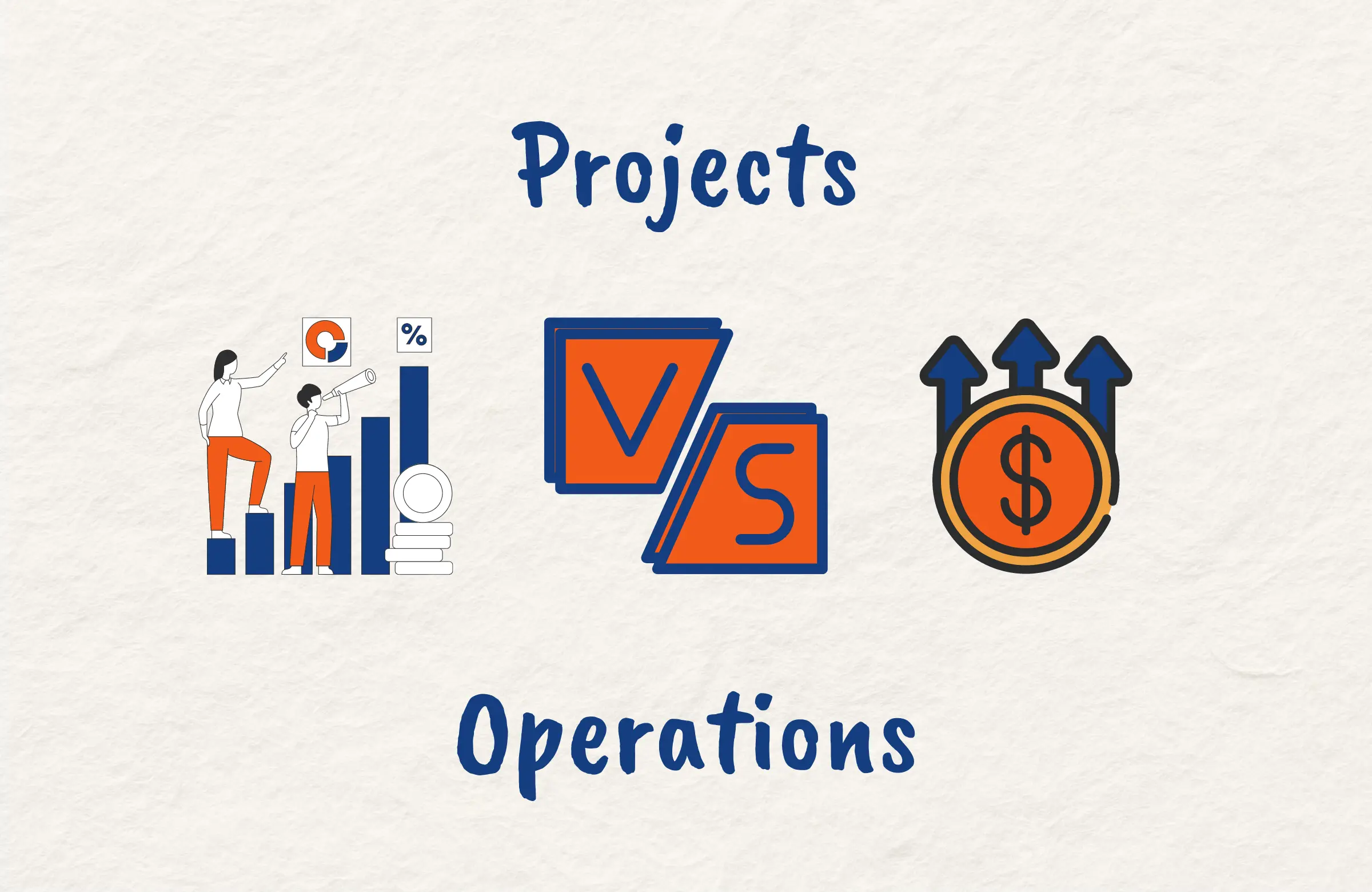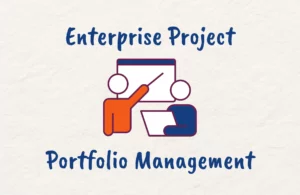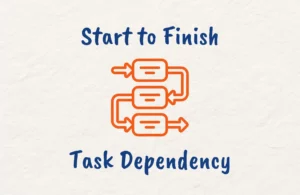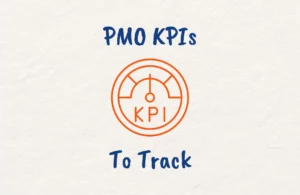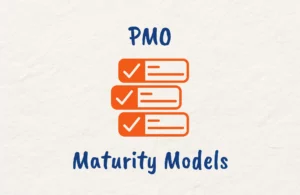As a project manager or business leader, understanding the distinction between projects and operations is key to effective resource allocation and achieving organizational success.
These two concepts can be quite confusing and it’s not uncommon for operations to be referred to as projects. This misconception needs to be cleared up.
In this post, we will do a project vs operations comparison to explore the differences between them when it comes to objectives, timelines, risk, and more. You’ll also learn best practices for managing projects versus operations.
With clear definitions and comparisons of these two vital components of organizational workflows, you’ll be better equipped to optimize both in your company.
Main Difference Between Projects and Operations
Bottomline Upfront: The main difference between projects and operations is that projects are temporary initiatives with defined start and end dates aimed at creating unique deliverables.
In contrast, operations are ongoing, continuous activities that focus on sustaining efficient and stable business processes. While projects drive change, operations enable continuity.
What is a Project?
The Project Management Book of Knowledge (PMBOK) Guide 6th Edition defines a project as a temporary endeavor undertaken to create a unique product, service, or result.
They have a defined beginning and end date and are completed to meet strategic business objectives.
Projects also have clearly defined goals and deliverables to be produced, and undertaken to fulfill a business requirement, achieve a strategic goal, or meet a market demand. For example, a company might launch a project to develop a new software application in response to customer requests.
Because projects are unique endeavors, the processes, schedules, and budgets are often unpredictable. Project teams are assembled for the duration of the project and then disbanded when the objectives have been completed.
What are Operations?
Unlike projects, operations are the ongoing, repetitive activities that allow an organization to sustain its core business on a day-to-day basis. Operations involve executing standardized processes and procedures to maintain the status quo.
For example, a company’s accounting, production, marketing, and customer service departments perform essential operational activities. These processes are permanent rather than temporary, and they produce consistent results or services.
Operations managers oversee and optimize these routine functions to increase efficiency, lower costs, and gain competitive advantages. While projects involve more risk and uncertainty, operations are predictable and relatively low-risk.
Operational tasks support an organization’s regular workflows and business models. Without smooth operations, companies would be unable to function and serve customers effectively.
Projects vs Operations: Key Differences
While projects and operations are both critical to organizational success, there are several key differences between these two activities:
Timeframe
The most fundamental difference is that projects are temporary endeavors with a defined start and end date, while operations are ongoing with no definitive completion point.
Projects may last weeks, months, or years depending on the objectives, but eventually, project teams wrap up their work and disband. In contrast, operations are continuous day-to-day tasks that support the organization’s regular business functions over the long term.
Uniqueness
Projects involve new initiatives, solutions, or results that do not currently exist within the organization. Because of this uniqueness, project processes are often unpredictable as teams chart new territory.
Operations, however, are repetitive and standardized activities that sustain the status quo rather than drive innovation. While operations aim for consistency, projects welcome change.
Risk Profile
The novelty of projects makes them inherently more risky than operations. Developing a new product or service comes with the possibility of failure and wasted resources.
On the other hand, operations involve minimal risk since teams follow proven procedures. While process improvements carry some risk, operations mostly adhere to “tried and true” methods to produce predictable results.
Resource Allocation
Project resources like budget, staff, and equipment are temporary and dedicated solely to project objectives. Once the project concludes, these resources disperse.
Operations have a continuous allocation of general resources to maintain ongoing activities year after year. Resource planning is also more flexible for operations than projects.
Management
Project managers provide temporary leadership for the duration of a project. Their goal is to drive change and innovation. Operations managers take a more permanent role, overseeing procedures, metrics, and efficiency gains.
While project managers conclude their duties when projects wrap up, operations managers have an open-ended responsibility.
Similarities Between Projects and Operations
While projects and operations differ in many ways, they also share some common characteristics:
- Both projects and operations require careful planning and ongoing management to ensure successful execution. Leaders must define scopes, set objectives, allocate resources, and oversee workflow.
- Projects and operations rely on people to perform tasks and processes. They both involve teams collaborating to complete work and meet goals.
- Projects and operations must be monitored and controlled throughout their durations. Tracking progress, budgets, quality, and other metrics keeps work on track.
- Resource limitations affect both realms. The budgets, staff, equipment, and time available for projects and operations impose constraints that leaders must optimize.
Project vs Operations Management
The management of projects and operations requires distinct approaches:
Planning
Project managers engage in careful planning for finite initiatives with a fixed endpoint. Their plans provide a roadmap to complete unique deliverables on time and within budget.
Operations managers, on the other hand, plan continuous processes focused on stability and incremental optimization rather than radical change.
Execution
Day-to-day project management may involve adjusting plans to address unpredictable situations. With operations, execution adheres closely to established protocols. While project managers prepare for uncertainty, operations managers seek predictability.
Monitoring
Project managers closely track progress indicators like milestones and expenditures to ensure initiatives remain on track. For operations, managers give ongoing attention to performance metrics and KPIs that uphold standards.
Wrap-Up
At the end of a project, managers lead retrospectives and capture lessons learned. There is no analogous wrap-up for ongoing operations. Instead, operations managers sustain processes indefinitely and make gradual improvements.
Project Manager vs Operations Manager
Project managers and operations managers play important yet distinct roles within organizations. While they have some overlapping duties, their core responsibilities, skills, and objectives differ significantly:
Responsibilities
Project managers oversee temporary initiatives that create unique deliverables. They assemble and lead project teams, managing schedules, resources, and budgets to complete defined goals.
Operations managers on the other hand supervise ongoing activities that sustain the business. They enforce processes, monitor workflow efficiency, and identify improvement areas.
Skills
Project managers excel at bringing together diverse team members and resources to achieve shared goals within constrained timelines. Adaptability and conflict resolution are key strengths.
Operations managers thrive on analysis, systems thinking, and process optimization. Strong technical skills in their function help them streamline operations.
Objectives
The project manager’s goal is to drive change and innovation through initiatives that add unique value.
For the operations manager, consistent performance of routine activities according to defined metrics signifies success. They bring stability rather than transformation.
Tenure
Project managers assemble temporary teams and dissolve them upon project completion.
Operations managers have ongoing responsibilities to nurture a department or function. While project management roles are fleeting, operations management provides continuity.
Project Manager vs Operations Manager Salary
According to BuiltIn, the average salary for project managers in the US in 2024 is $96,042 versus $94,889 for operations managers.
However, pay varies widely based on factors like industry, experience, and geographic location.
Project vs Operations Examples
To illustrate the key differences between projects and operations, let’s look at some examples from the software industry:
Example of a Project
A software company recognizes the demand for a mobile app version of their popular desktop application. They assemble a project team to build a cross-platform mobile app within 9 months.
The project manager creates a schedule and budget and manages the software developers, QA professionals, and UX designers contracted for the initiative. Building a new mobile app from scratch is filled with uncertainties and risks that the project manager must mitigate through planning and quick problem-solving.
After an intense development sprint and comprehensive testing, the app launches successfully on time and under budget. The mobile app represents an innovative new offering that expands the company’s capabilities.
Upon completion, the project team disbands and moves on to other initiatives.
Example of an Operation
A software company has an established SaaS platform that enables users to perform data analytics. Keeping this production environment stable and efficient requires continuous IT operations.
The operations manager oversees standard processes for monitoring server performance, maintaining security, backing up data, managing upgrades, and handling service requests. These repeating tasks sustain uninterrupted service delivery.
The operations team follows playbooks and protocols to minimize risks. There are no definitive start and end points as the SaaS platform must remain online and operational 24/7 to support customer needs.
The operations manager utilizes performance metrics to identify areas for improvement. By optimizing these ongoing operations, the company ensures seamless delivery of its analytics application.
These examples demonstrate how projects drive unique change while operations enable ongoing performance.
Conclusion
Overall, projects drive change, innovation, and progress within an organization while a focus on operations brings stability and continuity.
Recognizing these key differences allows organizations to optimize both project and operational work for maximum impact.
While their objectives differ, projects and operations intersect in their demands for structured oversight, engaged teams, and maximized resources.
By playing to the unique strengths of each workstream, your organization will be well-positioned to execute both transformative change and operational excellence.

